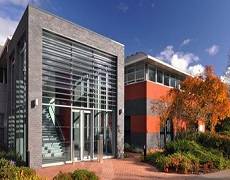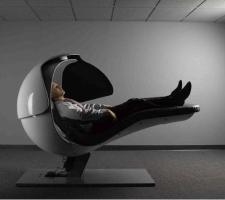September 25, 2014
New letting strengthens Cambridge’s growing reputation as a centre of technology
 In the largest office letting in Cambridge in over a decade, technology developer CSR plc has agreed with The Crown Estate to establish an expanded, 100,000 sq. ft. global HQ at Cambridge Business Park. Further lettings of a combined 11,000 sq. ft., to the multi-national computer technology company, Oracle, and to JDR Cable Systems, means that the 320,000 sq. ft. Business Park is now fully let, with over 2,000 people set to be working on site once these tenants move in. These latest lettings underline Cambridge’s growing reputation as a centre of technology – where its success this sector has even led to it being referred to as the “Silicon Fen”, the UK’s equivalent of California’s Silicon Valley. (more…)
In the largest office letting in Cambridge in over a decade, technology developer CSR plc has agreed with The Crown Estate to establish an expanded, 100,000 sq. ft. global HQ at Cambridge Business Park. Further lettings of a combined 11,000 sq. ft., to the multi-national computer technology company, Oracle, and to JDR Cable Systems, means that the 320,000 sq. ft. Business Park is now fully let, with over 2,000 people set to be working on site once these tenants move in. These latest lettings underline Cambridge’s growing reputation as a centre of technology – where its success this sector has even led to it being referred to as the “Silicon Fen”, the UK’s equivalent of California’s Silicon Valley. (more…)

























September 25, 2014
Why a more flexible approach to where and when we work is long overdue
by Sara Bean • Comment, Facilities management, Flexible working, News